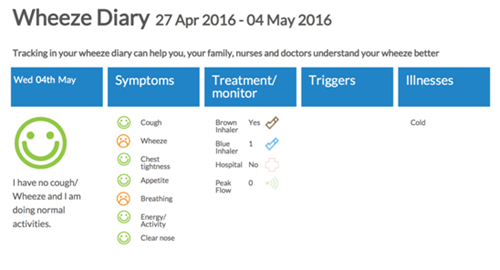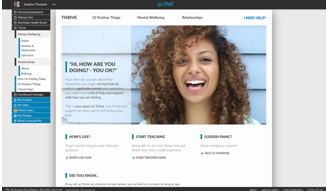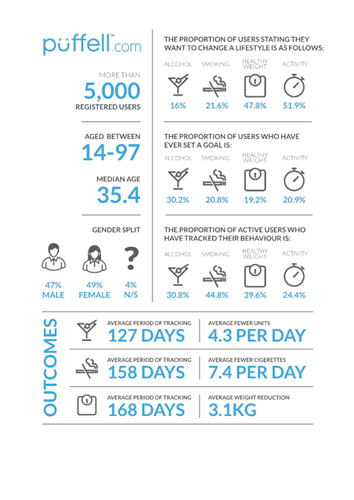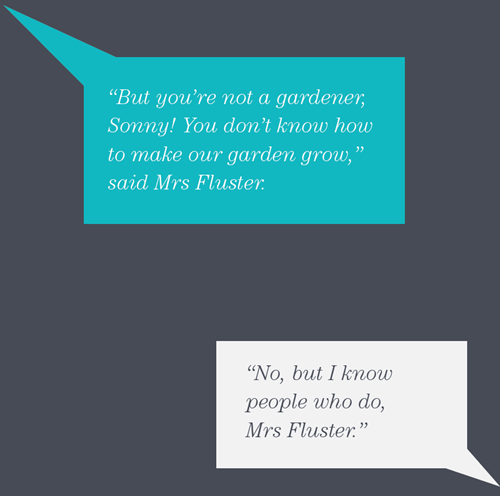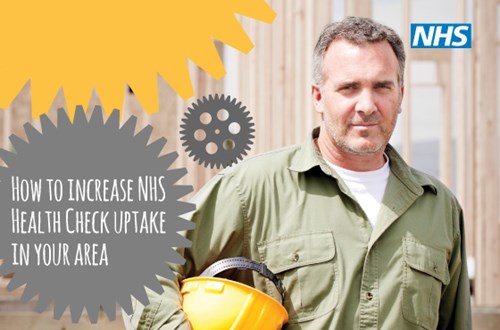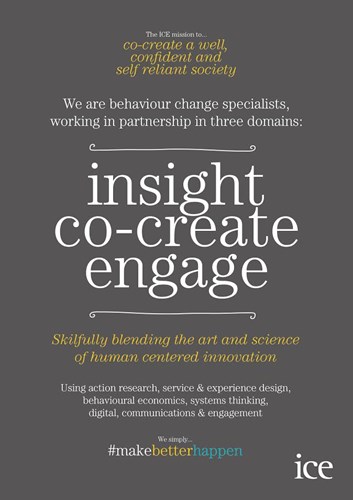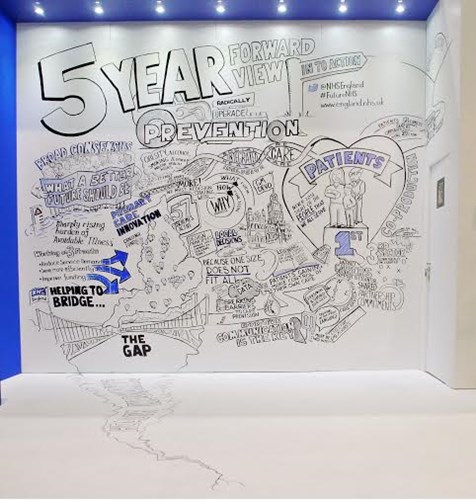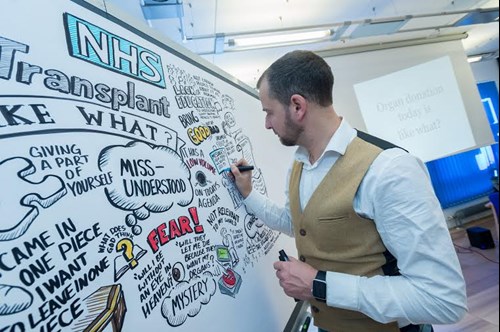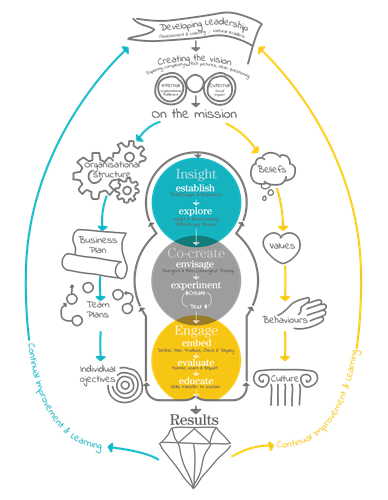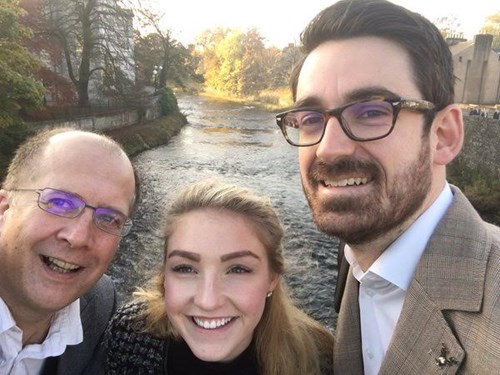Money, employment, family and home life, health and wellbeing - which of these are important to your customers?
Unsurprisingly, our research with social housing customers revealed that all of these factors are vitally important to them, and that they all support their fundamental aspiration for a safe and secure future for themselves, their children and their families.
However, what was of particular interest is that each of these priorities has a direct effect on the other, which traps some customers in a downward spiral that they find difficult to break. For example, a primary barrier to gaining employment is not lack of skills or experience. Rather, it is believed to be poor mental and physical health and wellbeing. Not being able to secure employment affects a customer’s ability to earn money, which creates uncertainty around maintaining a home. This causes stress and anguish, which have a detrimental impact upon their mental and physical health and wellbeing:
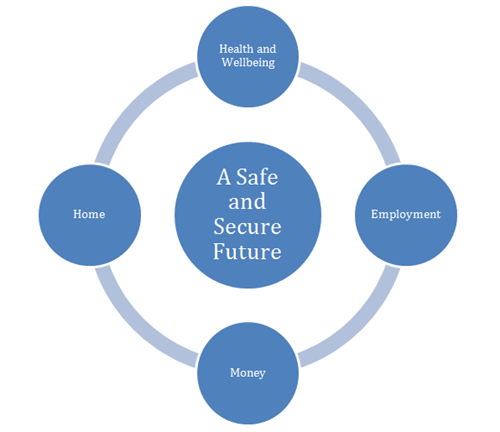
So what can we do to help your customers to break this cycle, become more financially secure, achieve their aspiration and protect your income by paying their rent on time?
Recently, the King’s Fund reported that individuals from lower socio-economic and educational groups are five times more likely to engage in a number of unhealthy behaviour at once such as smoking, eating takeaways, drinking alcohol, consuming ready meals and engaging in low-level fixed odds betting.
When these behaviours are combined with trying to manage money on a low-level fixed income, making ends meet can be really challenging, particularly for those who are trying to manage their budget and financial commitments under Universal Credit. We’ve found that by working together, we can help to improve the health, wellbeing and welfare of your customers whilst protect your income.
We can help
At ICE, our social marketing and behaviour change specialists have worked extensively with housing customers across the country to create a programme that not only supports an improvement in health and wellbeing, but also financial stability.
We call it GET MON£YSMART, and it received the top award for Behaviour Change Innovation at the World Behavioural Science Nudge Awards.
It is a structured, multichannel social marketing programme designed to engage, educate and empower your customers to make small, incremental changes to unhealthy lifestyle behaviours that also benefit their finances.
This effective and engaging programme protects your income by supporting your customers to:
- Improve their health and wellbeing by reducing their unhealthy behaviours
- Reduce spending on non-essential items
- Pay their rent on time, and not fall into arrears.
The campaign theme and resources can be tailored easily to fit your corporate brand, and the communications and engagement plan can be shaped to meet your specification.
To take a look at our GET MON£YSMART case study or to find out more about how we can co-create a bespoke solution to meet your needs, contact Chris Lunn: 0845 5193 423/chris.lunn@icecreates.com
 collective voice
collective voice